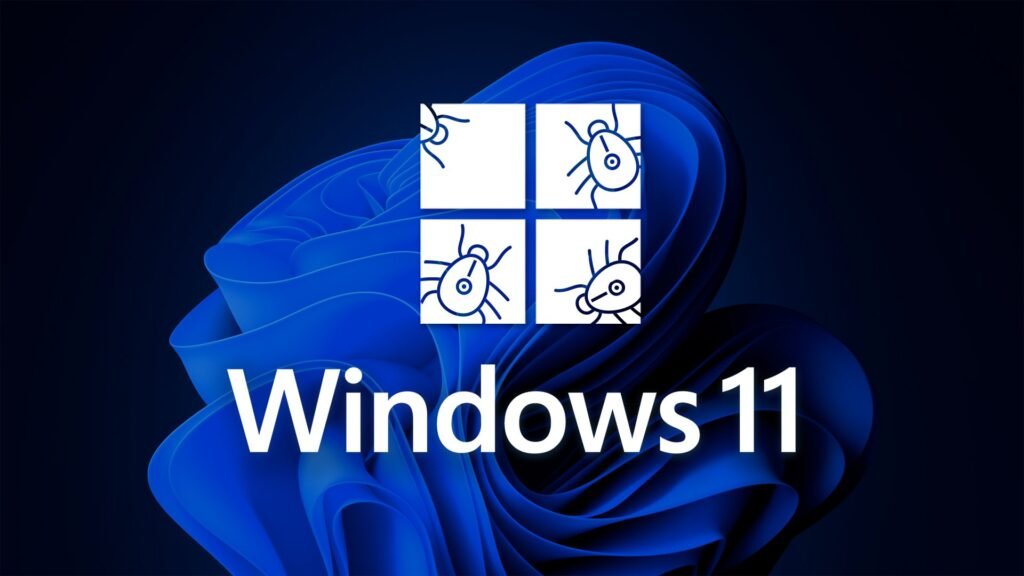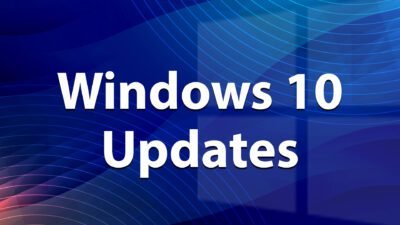Windows 11: New build Solves The Printer Problems via USB

Microsoft is currently preparing to release the next major update to Windows 11, which is likely to launch on September 20. But the work on the operating system never stops: The Redmond-based company has now published a new build that addresses printer issues, among other things. Printer problems are something of a Windows classic.
There are always solutions to these problems, but Microsoft never gets the problem under control. Now that Microsoft has released Build 22000.917 (KB5016691), it is available in the Release Preview Channel for Windows 11, more specifically, it is an update to the original version of the operating system released in the fall.
Problems with USB Printer
Build 22000.917 is a classic bug fix update that addresses numerous issues, but Microsoft writes in the related blog post, which fixes several issues related to USB printers. These include failures after a reboot or reinstall, and an incorrect mode after switching from an Internet Printing Protocol (IPP) driver to an Independent Hardware Vendor (IHV) driver. Other fixes in this (non-security) update include:
- We’ve given IT administrators the ability to add languages and language-related features remotely. In addition, they can now manage voice scenarios for multiple endpoint managers.
- We have compressed a file regardless of its size if you have configured Server Message Block (SMB) compression.
- We’ve improved Microsoft Defender for Endpoint’s ability to detect and intercept ransomware and advanced attacks.
- We fixed an issue that caused ServerAssignedConfigurations to be null in some full configuration scenarios.
- We fixed an issue affecting the High Dynamic Range (HDR) automatic feature for GPU drivers with Cross-Adapter Resource Scan-Out (CASO).
- We fixed a known issue that caused Microsoft Edge to stop responding when using IE mode. This issue also prevents you from interacting with a dialog box.
- Fixed an issue that prevented App-V virtualized Microsoft Office applications from opening or from working.
- We fixed an issue that caused Windows Hello for Business certificate deployment to fail under certain circumstances after you wipe a device.
- We fixed an issue affecting the ProjectionManager.StartProjectingAsync API. This issue prevents some countries from connecting to Miracast sinks.
- We fixed an issue that affected the performance of BitLocker.
- We fixed an issue that prevented Windows 11 SE from trusting some Microsoft Store apps.
- We fixed an issue that prevented HyperVisor Code Integrity from automatically enabling on systems with Arm64 processors.
- We fixed an issue that prevented authentication of non-Windows devices. This issue occurs when they connect to a Windows-based remote desktop and use a smart card for authentication.
- Fixed an issue that caused the Resultant Set of Policy (Rsop.msc) tool to stop working when processing 1,000 or more “File System” security settings.
- Fixed an issue where the Take a Test app removes all ban enforcement policies when you close the app.
- We fixed an issue that caused the Settings app on server domain controllers (DCs) to stop working when opening the Privacy -> Activity History page.
- We fixed an issue where playback on certain Bluetooth audio headsets could be interrupted after adjusting the progress bar. This issue affects modern systems that support A2DP (Advanced Audio Distribution Profile) offload.
- Fixed an issue that prevented devices from receiving an offer from Windows Update for the same add-on driver if that add-on driver was already installed without the base driver.
- We fixed a race condition that caused the Local Security Authority Subsystem Service (LSASS) to stop working on Active Directory domain controllers. This issue occurs when LSASS processes concurrent Lightweight Directory Access Protocol (LDAP) through Transport Layer Security (TLS) requests that cannot be decrypted. The exception code is 0xc0000409 (STATUS_STACK_BUFFER_OVERRUN).
- We fixed an issue that affected the lookup of a non-existent local domain security ID (SID) using a read-only domain controller (RODC). Search unexpectedly returns STATUS_TRUSTED_DOMAIN_FAILURE instead of STATUS_NONE_MAPPED or STATUS_SOME_MAPPED.
- We fixed an issue where the Local Security Authority Server Service (LSASS) could leak tokens. This issue affects devices that have Windows updates from June 14, 2022, or later installed. This issue occurs when the device performs some form of service to users (S4U) in an untrusted Windows service (TCB) running as a network service.
Digital marketing enthusiast and industry professional in Digital technologies, Technology News, Mobile phones, software, gadgets with vast experience in the tech industry, I have a keen interest in technology, News breaking.











